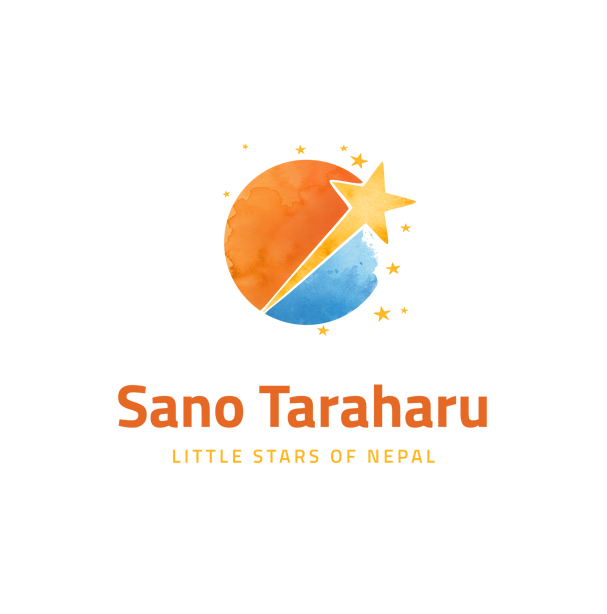Trainings
First Training week in September 2019
Report written by the young pediatrician Solvey Schüle
Sana Taraharu: The wisdom of the young child
How can children be helped who were abandoned at birth or in their early childhood? Children who literally need everything and anything which is of greatest necessity during their first months of life so that they can develop in physical and mental health.
The persons looking after and having to care for such children have to have an education themselves focused on self-experience!
This idea was initiated by the founders of Sana Taraharu, Lisa Bono and Noemi Böken. It had been studied and evaluated for months by various people and finally ended up as a concrete project, that was to be realized in two stages in Kathmandu.
A first training for Sano Taraharu on the topic „The wisdom of the young child„ was held by a team of five on the premises of Rokpa, a home for street children in Kathmandu between September 8th and 12th 2019.
12 Nepalese Caregivers, sitters and kindergarden teachers took part. To the team belonged the couple Christoph and Christina Meinecke, Pediatrician and curative educator, head of the Emmi-Pikler- Haus in Berlin, Noemi Böken, eurythmist, Luisa Stoll, nurse and coach, and Solvey Schüle, pediatrician in training. Together we wanted to find out what the little child can tell us and what difference we can instil in his proper being and his environment.
We started each day with a children’s song in Nepalese Language for the upcoming Hindu Dashain Festival, led by the warm-hearted kindergarden teacher and translator, Chandra. This made for a good introduction to Nepalese culture. It was followed by a unit of euythmy with Noemi Böken, whereby the focus was on one’s own experience. Simple sequences of movements became complex figures. We glittered as stars in a large common sky and brought our individual splendor together in gestures of „Give and Take“. We exercised to gain trust in each other and to deal with imperfection.
Christoph Meinecke’s morning lectures led us to different areas that are essential for the child’s development. The importance of basic trust for the development of self-confidence was discussed. The human senses were interactively studied. It was also shown what stimulation and overstimulation can mean. We heard how a child learns through imitation and the role model character of his caregiver. The basic human needs were developed based on the 3 areas of incarnation of man – the body, the space and the social community. Last but not least the development into trustful bonds was also discussed, a theme which is important for children who have to grow up without their own families.
Seminar from 14th to 19th September 2019 in Kathmandu, Nepal
Report by the nurse and trauma teacher Luisa Stoll
The group size of 10 participants, consisting of “Didis” from the orphanage, kindergarten teachers and nurses, made for a very personal approach.
The seminar was varied in content by Christoph and Cristina Meinecke, deepened by the daily eurythmy with Noemi Böken and the participants could always actively contribute to practical exercises! The exercises have shown unfavorable behaviors that can be found across cultures and that can only be changed with loving attention and will! Basic content such as carrying a child, passing a child on to another person, feeding someone, brushing teeth.
Everyday situations with the children, were used for the exercises and presented as realistically and humorously as possible in order to personally experience how nonsensical some behaviors can be! For the amusement of everyone, causing roaring laughter, one of the exercises showed what it’s like to be fed with a spoon that is way too big… and yet is a daily reality!
Topics such as impatience, aggression, feeling powerless or powerplay, were clearly perceptible to everyone in an exaggerated presentation. The new approaches made a more profound impression on the participants through their own experience in the seminar, and hopefully one or the other newly recognized ability will find its way in the everyday contact with the children.
Thanks to our interpreter Chandra there were no communication problems and the participants actively contributed and asked questions.
The difference between the two cultures was not so noticeable to me after the training week. What was very noticeable, however, was a connection and a deeper understanding.


